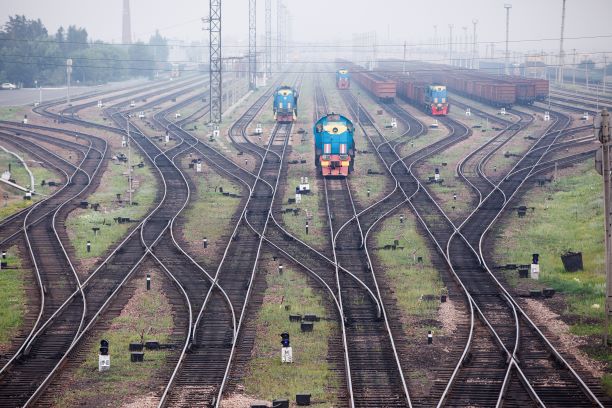

PM Modi on 19th February launched one of a kind state of the art diesel-to-electric loco from Varanasi. The Indian railway which the world’s fourth-largest railway system and has pledged to go carbon neutral by 2022.


The RE technology giant, ABB will help the IR to improve its train technologies. According to ABB, the company will provide its traction equipment to improve the rail operator’s efficiency and strengthen sustainable transportation in India. With this ABB has won its largest traction equipment order in India, worth over Rs 270 crore or $42 Million, to supply state-of-the-art converters for electric locomotives from Diesel Locomotive Works (DLW), in Varanasi. The converters are custom designed for Indian Railways and will be manufactured at one of ABB’s largest factories for locomotive in Nelamangala, near Bengaluru.
[related_post]
“We are delighted to be contributing to the electrification of India’s rail network with ABB’s locally manufactured solutions,” said ABB CEO Ulrich Spiesshofer. “By adopting advanced technologies, India is achieving rapid improvements in growth and productivity and shaping its economy for the era of digitalization.”
“We are privileged to work with DLW and Indian Railways on the electrification of the domestic rail network in India – the fourth largest rail network in the world,” said Sanjeev Sharma, Managing Director, ABB India. “This order will help to improve rail efficiency, so that passengers travelling in India will reach their destination on time and in comfort.”
The feat, though noble, has many challenges. The Indian Railways earlier had set the deadline for complete electrification at 2020, which was later expedited to 2022. This means the railways would have to remove all its diesel engines in the next three years and all 19,000 trains will run only on electric locomotives.
At present, Indian Railways’ energy bill is touching about Rs32,000 crore a year, of which it spends about Rs18,000 crore annually on the purchase of diesel. On the other hand, its electricity purchase bill is pegged at Rs9,000 crore. As per government estimates, if railways run all its trains on electricity, the expenditure on purchase of power will be Rs16,000 crore and thus saving Rs11,000 crore every year. As per official estimates, Currently, only 42 percent of total track network is electrified, rest of the tracks are operating on fossil fuel in India.
Picture credit: ABB
In a significant move toward advancing green energy and industrial growth in the state, Himachal…
Golabl chemical conglomerate BASF has announced that its now offering the world’s first biomass-balanced polyethersulfone…
In a crucial stint to bolster the biogas sector and sustainable dairying in the country,…
TotalEnergies SE has received approval to proceed with its Middlebrook solar and battery project in…
Andhra Pradesh Chief Minister Chandrababu Naidu has inaugurated the Rs 1,000-crore green hydrogen plant of…
The BITS Pilani has developed an innovative solution for managing landfill leachate, domestic septage, and…